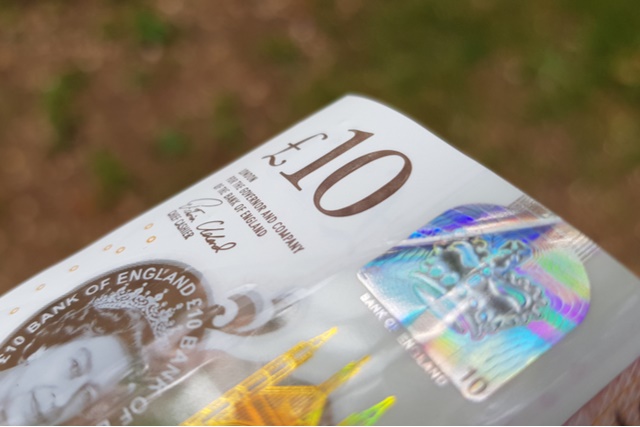GBP/EUR Exchange Rate Muted as UK Inflation Slides to Three-Year Low
The Pound Euro (GBP/EUR) exchange rate is trading sideways this morning after headline inflation in the UK came in below expectations last month.
At the time of writing the GBP/EUR exchange rate is trading at around €1.1658, virtually unchanged from this morning’s opening rate.
Pound (GBP) Undermined by Slowing UK Inflation
Pound Sterling (GBP) exchange rates are subdued this morning as markets respond to the UK’s latest consumer price index (CPI).
According to the Office for National Statistics (ONS), headline inflation in the UK slowed from 1.7% to 1.5% in October, falling below expectations of a more modest dip to 1.6%.
The slide in inflation was attributed to lower energy prices as a result of the changes to the energy price cap.
While this is likely to result in the drop in headline inflation being only temporary, it still may give some pause for thought for the Bank of England (BoE).
In its most recent policy meeting, the BoE’s Monetary Policy Committee (MPC) was split on whether to it should begin easing its monetary policy.
There was also a change in the bank’s policy statement to suggest that rates may need to be cut early than expected if UK economic data deteriorated further.
Today’s underwhelming inflation figures could boost calls for a rate cut within the BoE, with some GBP investors already beginning to speculate on a cut in early 2020.
Rupert Thompson, Head of Research at Kingswood, Comments:
‘These numbers follow hard on the heels of the downbeat economic data released earlier in the week which showed a slowdown in underlying wage growth, a fall in employment and the weakest GDP growth since 2010.
‘Altogether, this crop of data suggests any move by the Bank of England over coming months is more likely to be a rate cut than a hike.’
Euro (EUR) Steady as Eurozone Industrial Production Beats
Meanwhile, the Euro (EUR) found some modest support this morning following the release of the Eurozone’s industrial production figures.
Eurostat reports that factory output rose by 0.1% in September, down from 0.4% in August but defying expectations that production would have contracted by 0.3%.
The rise will come as a relief to EUR investors, who have been increasingly concerned about the fragile state of the Eurozone economy and particularly its manufacturing sector in recent months.


Comments are closed.